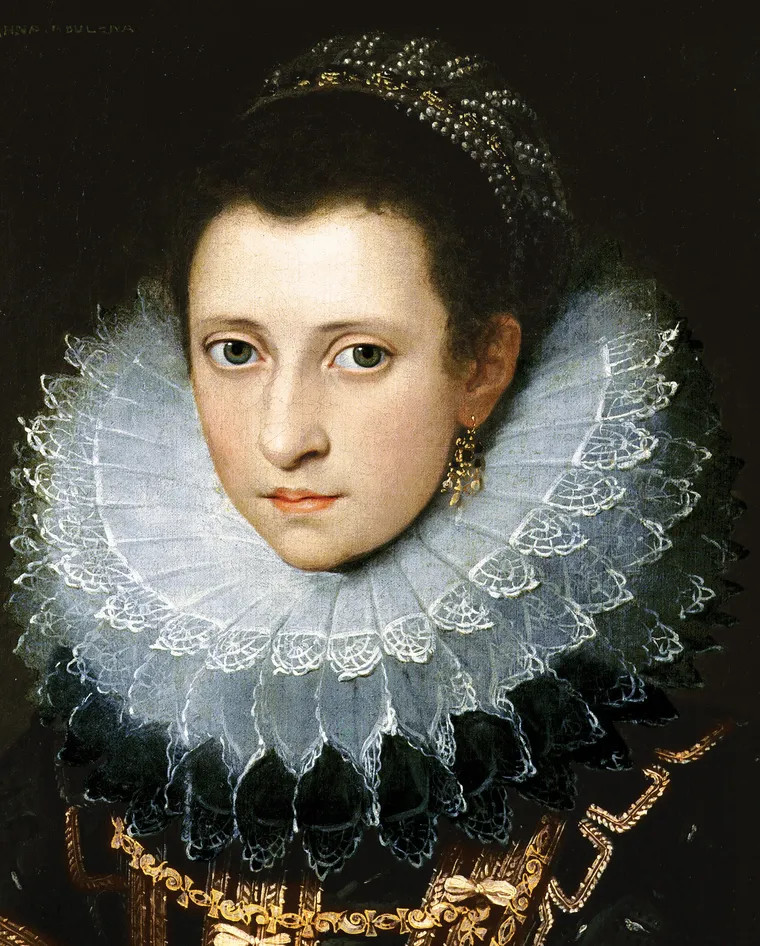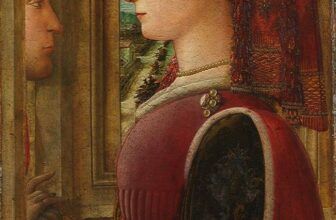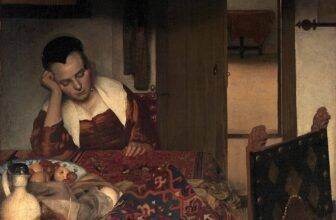
The Fall of Anne Boleyn and Henry VIII’s Ultimate Betrayal
Anne Boleyn, one of the most enigmatic and tragic figures in English history, met her fate on May 19, 1536. Her rise to power was as swift as her downfall, and her execution at the hands of her husband, King Henry VIII, remains one of history’s most notorious betrayals. But what were Anne Boleyn’s last words? Why was she accused of such heinous crimes? And what happened to her family after her death?
The Final Moments: Anne Boleyn’s Last Words
As Anne Boleyn stood on the scaffold at the Tower of London, she addressed the crowd with an astonishing display of dignity and grace. In a time when many might have railed against their fate, Anne chose a more composed and measured approach. Her final speech was recorded as follows:
“Good Christian people, I am come hither to die, according to law, for by the law I am judged to die, and therefore I will speak nothing against it. I am come hither to accuse no man, nor to speak anything of that whereof I am accused, as I know full well that aught I could say in my defense would not avail me. I pray God save the King and send him long to reign over you, for a gentler nor more merciful prince was there never. And thus, I take my leave of the world and of you all, and I heartily desire you all to pray for me.”
Her words were calculated, likely to protect her daughter, Elizabeth, and to avoid any repercussions for those she left behind. Her execution by a French swordsman was swift, one clean stroke, unlike the botched beheadings of the past.
The Fall of Anne Boleyn: Henry VIII’s Ultimate Betrayal
Anne Boleyn’s fall from grace was not an accident. It was a calculated and ruthless political maneuver orchestrated by Thomas Cromwell, Henry VIII’s chief minister, with the King’s consent. Anne had once captivated Henry, compelling him to break from the Catholic Church and establish the Church of England so he could divorce Catherine of Aragon and marry her. However, after giving birth to a daughter, the future Queen Elizabeth I, and suffering multiple miscarriages, she failed to provide Henry with the male heir he so desperately desired.
Anne’s outspoken nature and political influence made her powerful enemies at court. Her ability to challenge Henry in both public and private spheres made her vulnerable. When Henry’s eyes wandered to Jane Seymour, a meek and obedient lady-in-waiting, Anne’s fate was sealed. Cromwell, sensing an opportunity, orchestrated a web of accusations that would bring about Anne’s downfall.
What Was Anne Boleyn’s Crime?
Anne Boleyn was accused of multiple charges, including adultery, incest, and treason. These accusations were shocking and deeply scandalous:
- Adultery: Anne was accused of committing adultery with five men, including her own brother, George Boleyn, Viscount Rochford.
- Incest: The charge of incest with her brother was particularly horrifying and meant to disgrace her utterly.
- Treason: Anne was accused of conspiring to kill the King and take a lover who might rule as her consort.
There was no substantial evidence to support these claims, and historians widely agree that the charges were fabricated. The accused men were all executed, and Anne herself was found guilty in a show trial stacked against her. Henry did not intervene, suggesting he had either been convinced of her guilt or had grown tired of her and wished to replace her with Jane Seymour.
Why Is Anne Boleyn So Famous?
Anne Boleyn remains one of the most famous queens in history for several reasons:
- Her Role in the English Reformation – She was instrumental in Henry VIII’s break from the Catholic Church, leading to the establishment of the Church of England.
- Her Political Influence – Unlike many queens of her time, Anne had a powerful voice in politics and religion, which made her both revered and reviled.
- Her Daughter, Elizabeth I – Anne’s legacy lived on through her daughter, Elizabeth, who became one of England’s greatest monarchs.
- Her Dramatic Story – Her rise and fall, from a commoner to queen and then to execution, is one of history’s most gripping tales of power, love, and betrayal.
Why Did Henry VIII Execute His Wife?
Henry VIII executed Anne Boleyn primarily because she had failed to give him a male heir. However, deeper reasons include:
- Political Convenience: Henry wanted to marry Jane Seymour and needed Anne out of the way.
- Manipulation by Cromwell: Anne had opposed Cromwell’s policies, and he saw her as a threat.
- Personal Disenchantment: Henry had once been madly in love with Anne, but as her fiery temperament clashed with his, he grew disillusioned.
- Fear of Treachery: Real or imagined, the accusations of infidelity wounded Henry’s pride and may have made him believe she was a liability.
What Happened to the Boleyn Family After Anne’s Death?
The Boleyn family, once one of the most powerful in England, fell into disgrace after Anne’s execution:
- Thomas Boleyn (Anne’s Father): Though initially spared, he lost his political influence and died a few years later in disgrace.
- George Boleyn (Anne’s Brother): Executed alongside Anne, his reputation was destroyed by the false accusations of incest.
- Elizabeth Boleyn (Anne’s Mother): She died shortly after her daughter and son’s executions, likely from grief.
- Mary Boleyn (Anne’s Sister): The only Boleyn sibling to survive, Mary lived a quieter life away from court, though her descendants would eventually return to favor.
Henry VIII was deeply infatuated with Anne Boleyn for years, pursuing her relentlessly and changing the course of English history to marry her. However, his love turned to disillusionment, then to hatred. Whether he truly loved her is debatable, his actions suggest he saw women primarily as means to an end. But his passion for Anne was undeniable, and his willingness to destroy her suggests an obsession that may have bordered on love and hate.
Anne Boleyn’s tragic fate remains one of history’s most compelling stories of love, ambition, and betrayal. Her execution was the result of political scheming, personal disillusionment, and Henry VIII’s ruthless pursuit of a male heir. Despite her downfall, Anne’s legacy endured through her daughter, Elizabeth I, who became one of England’s most revered monarchs. In the end, Anne Boleyn’s influence far outlasted those who sought to erase her, cementing her place as one of the most fascinating figures in history.




